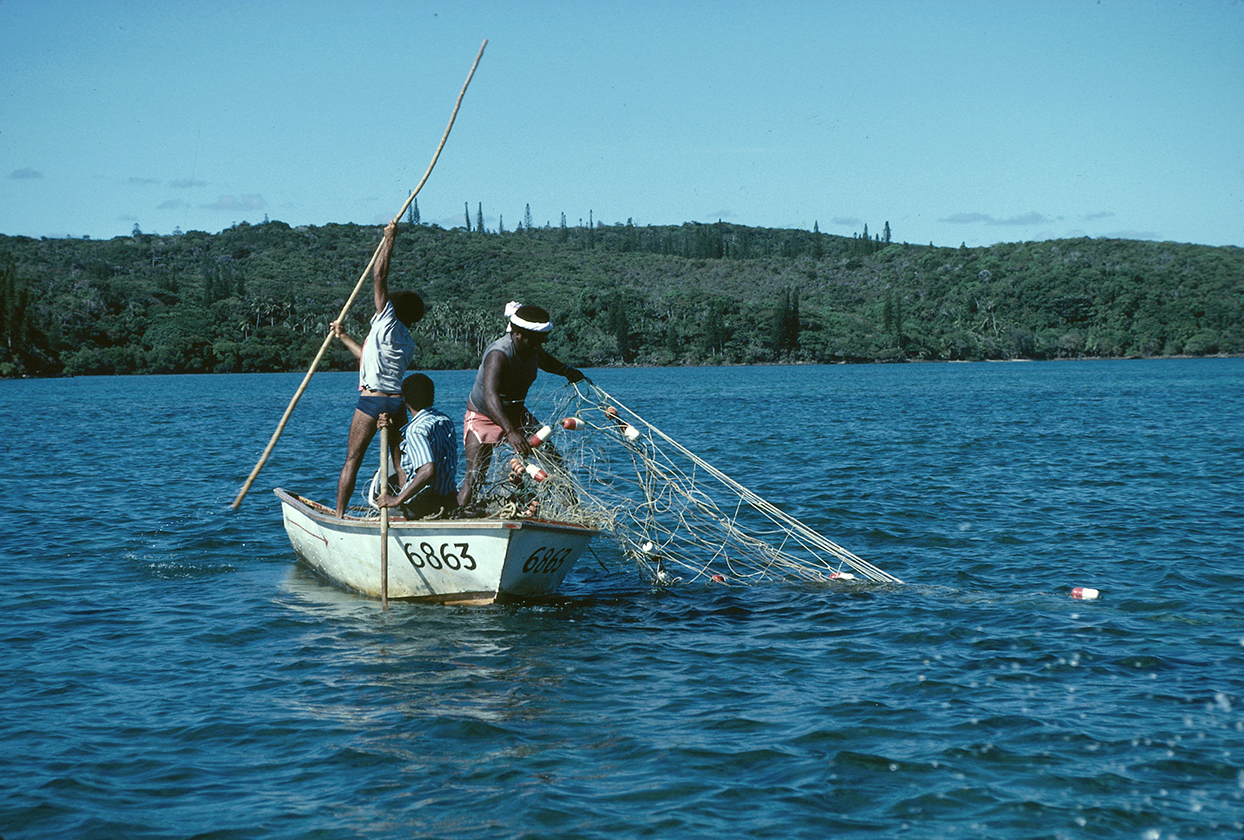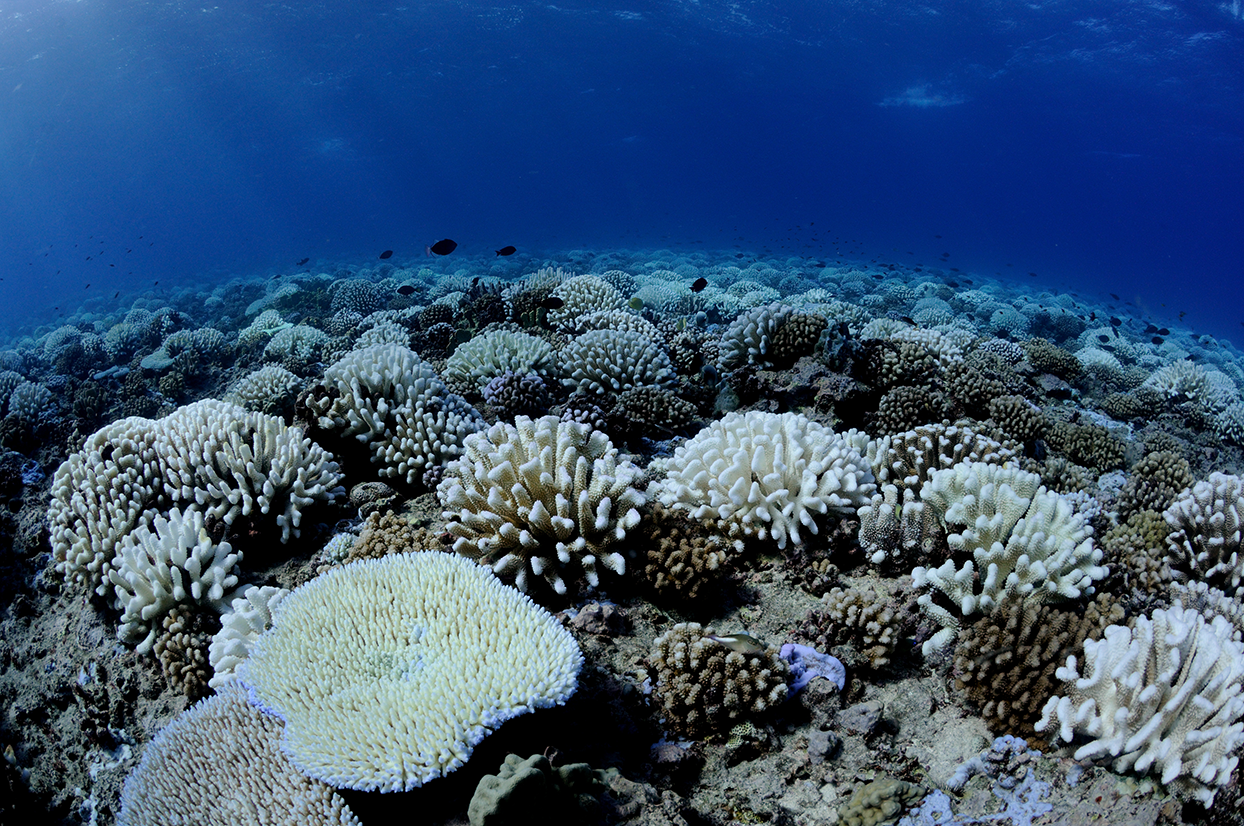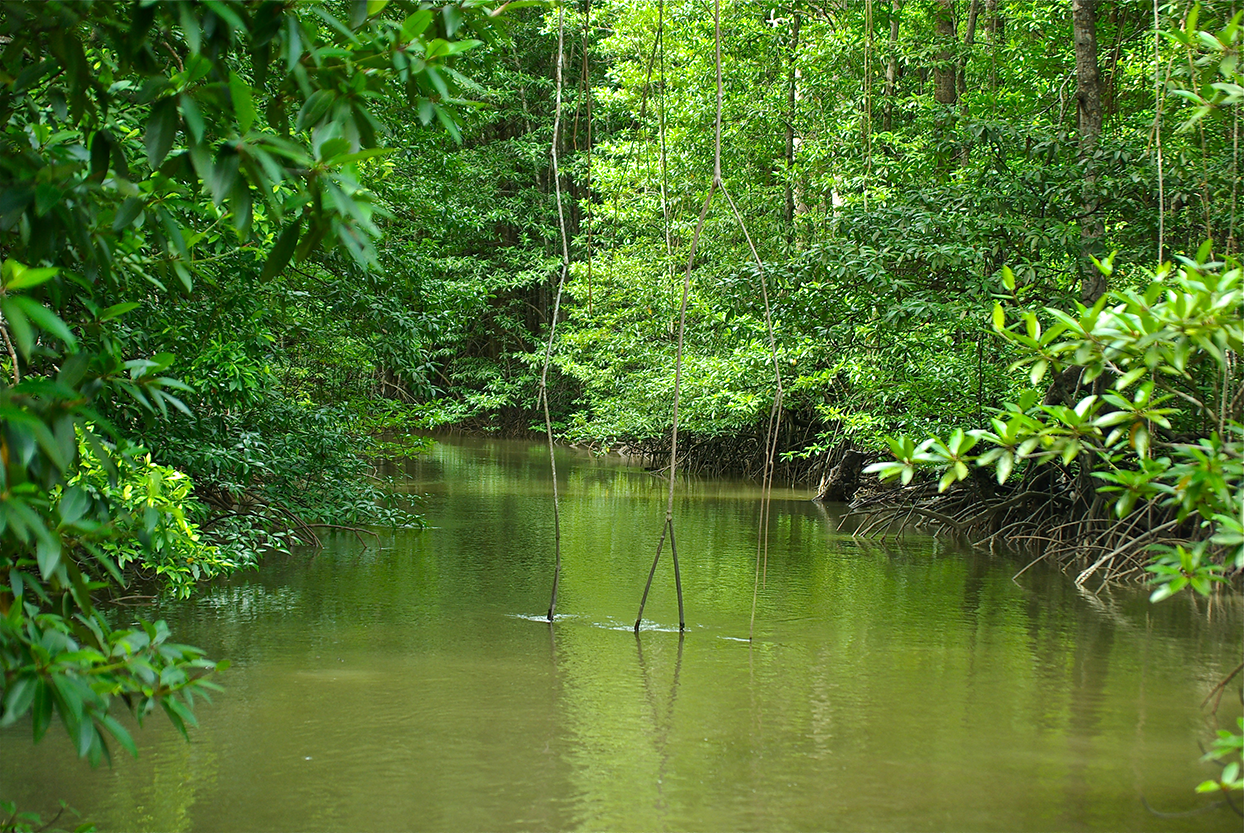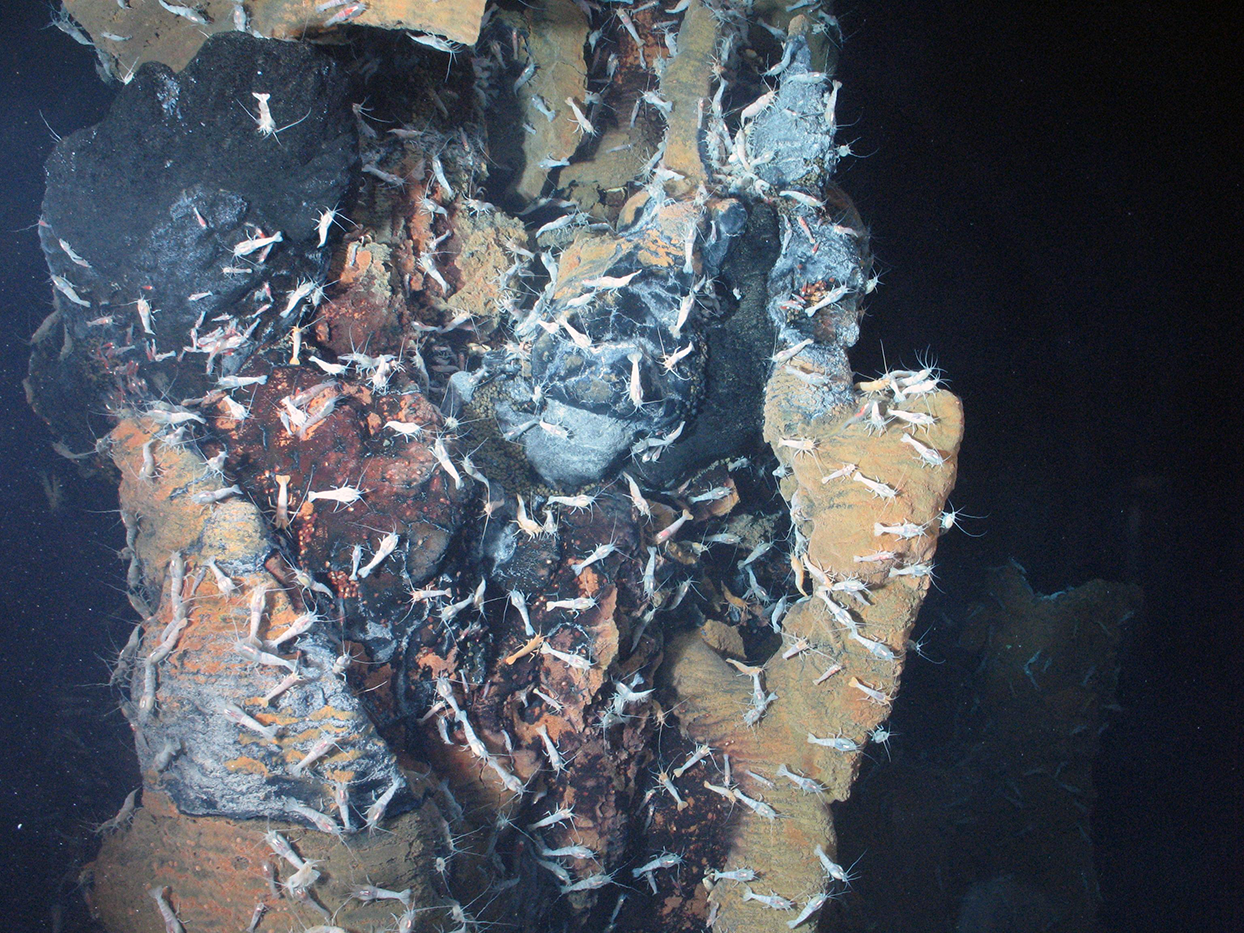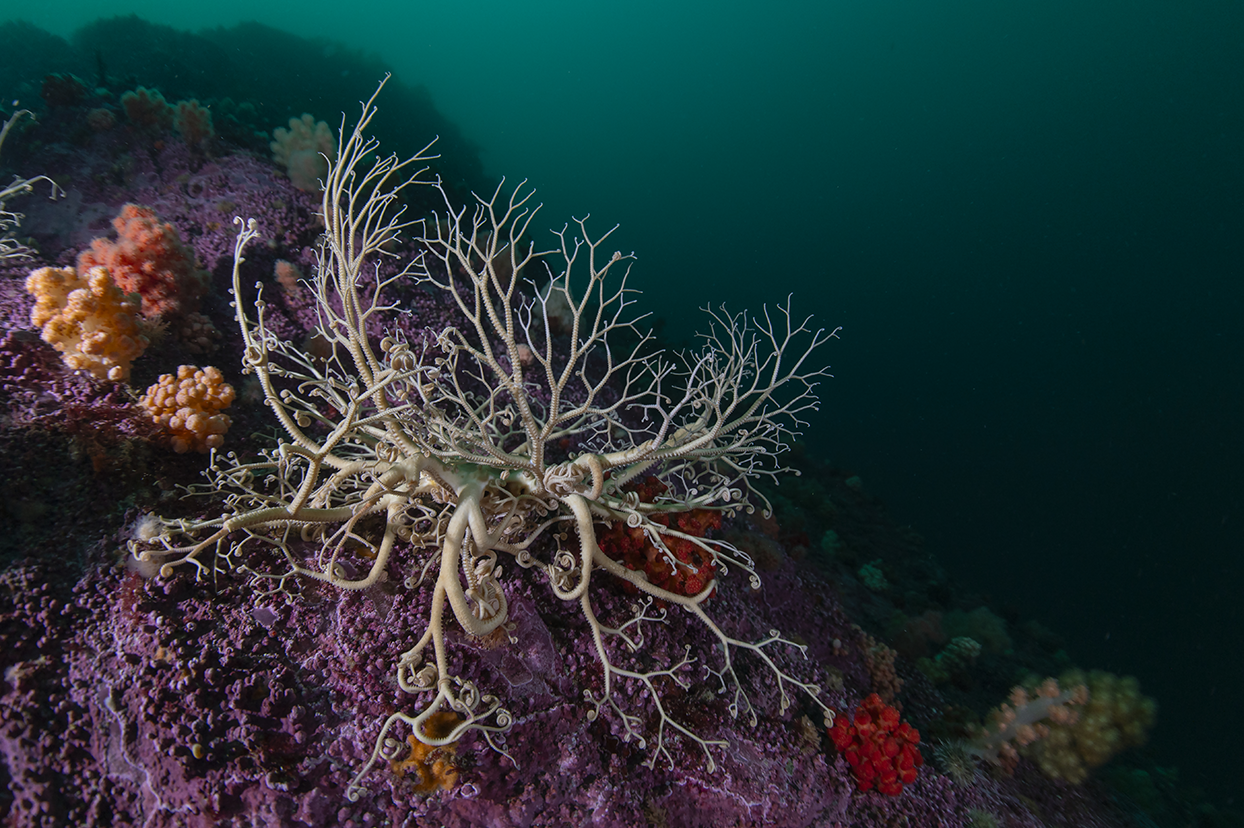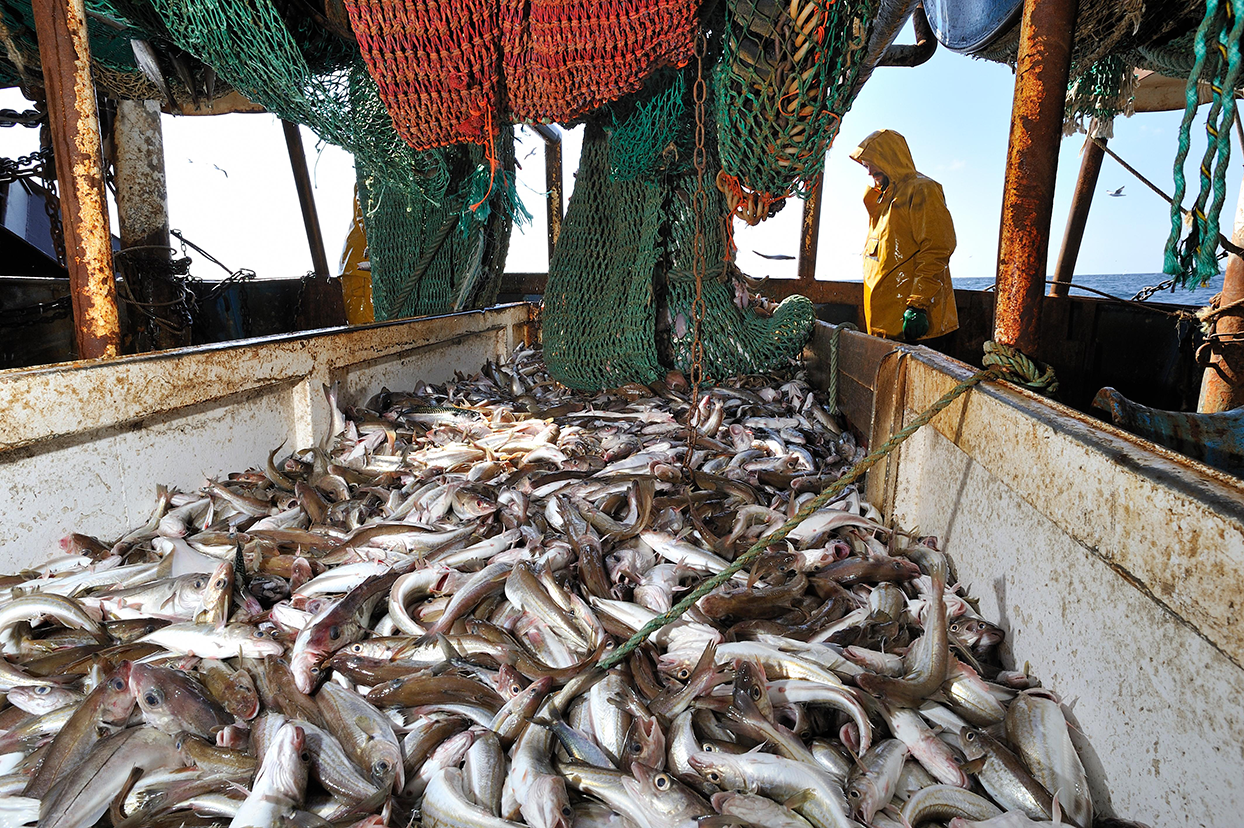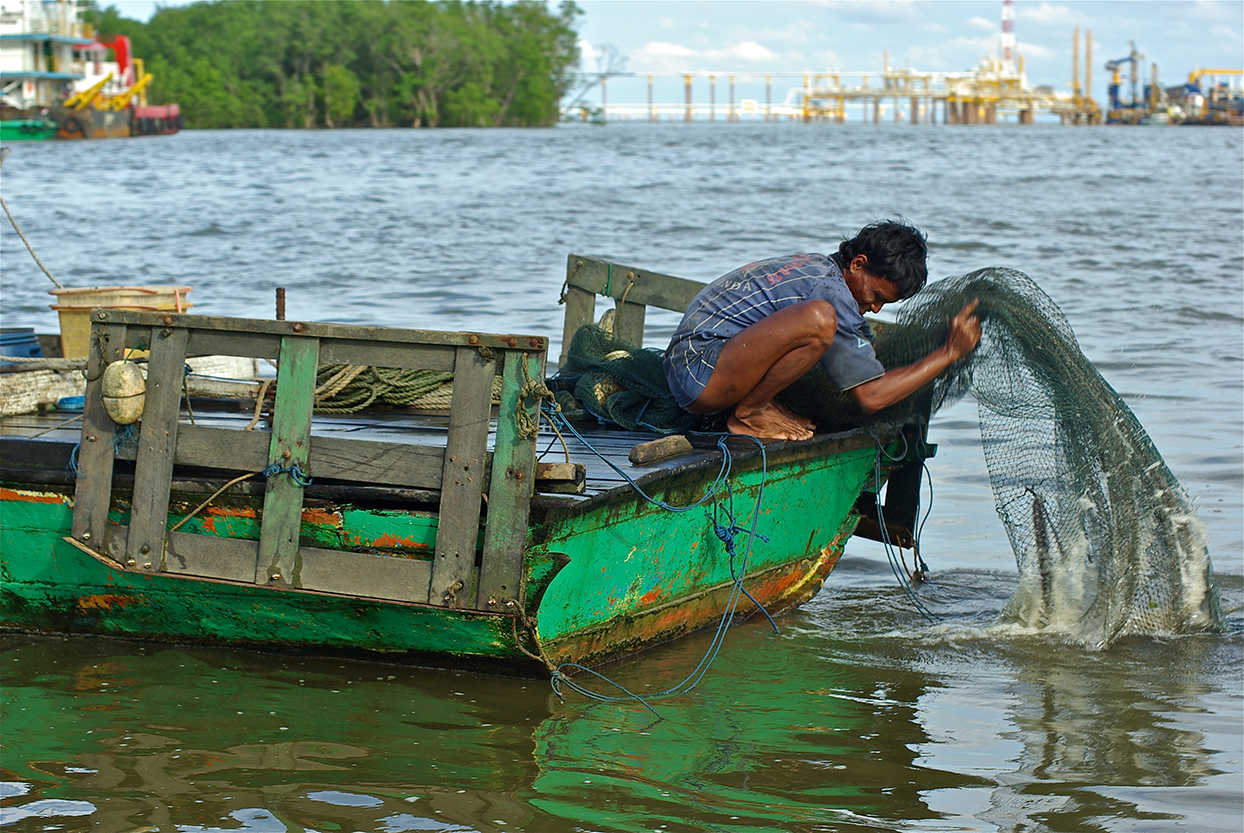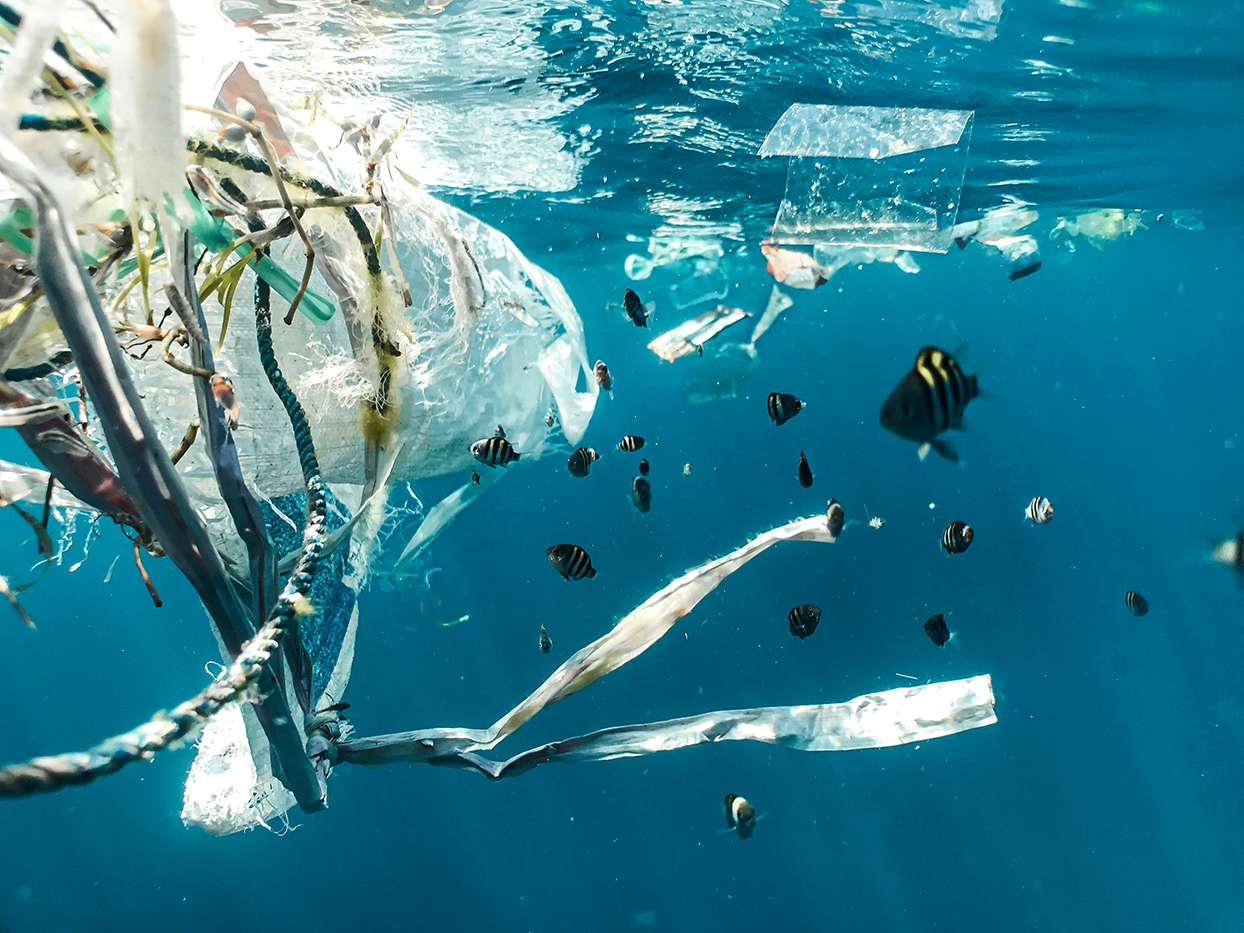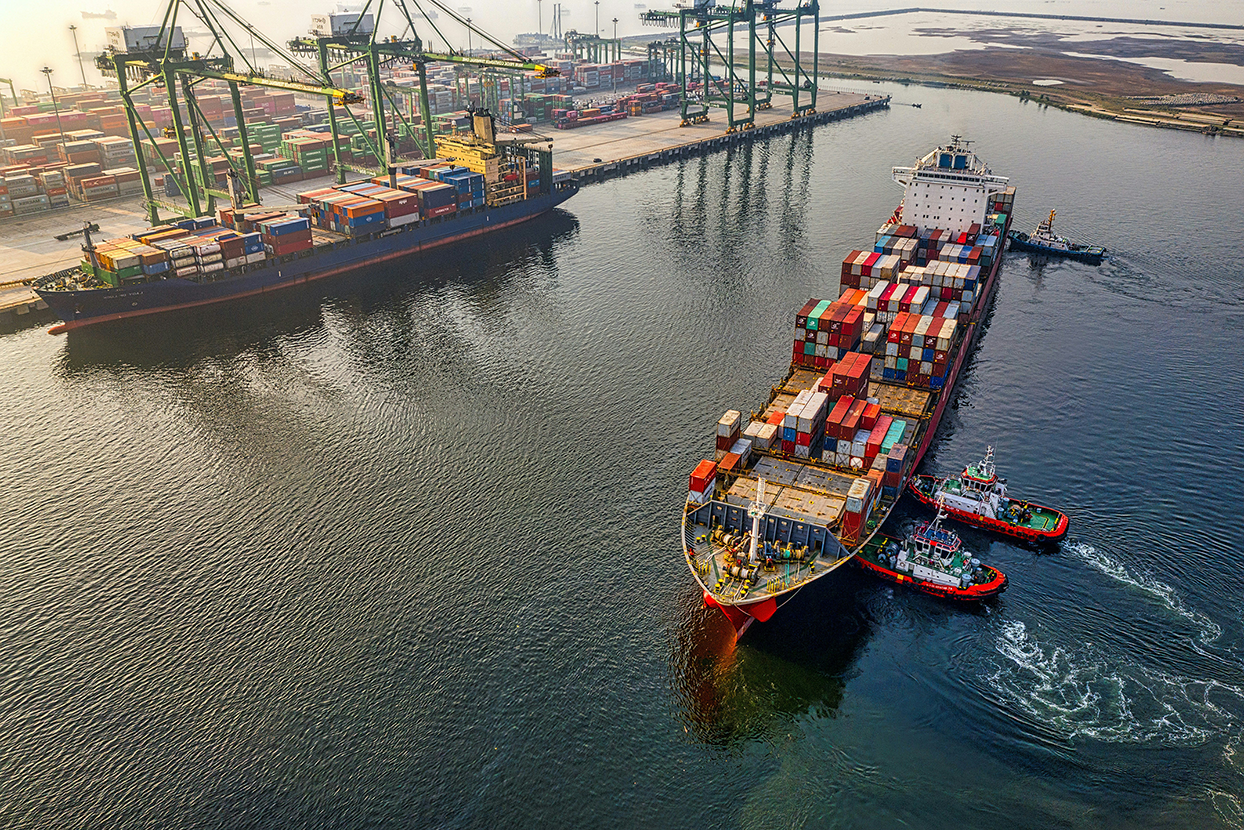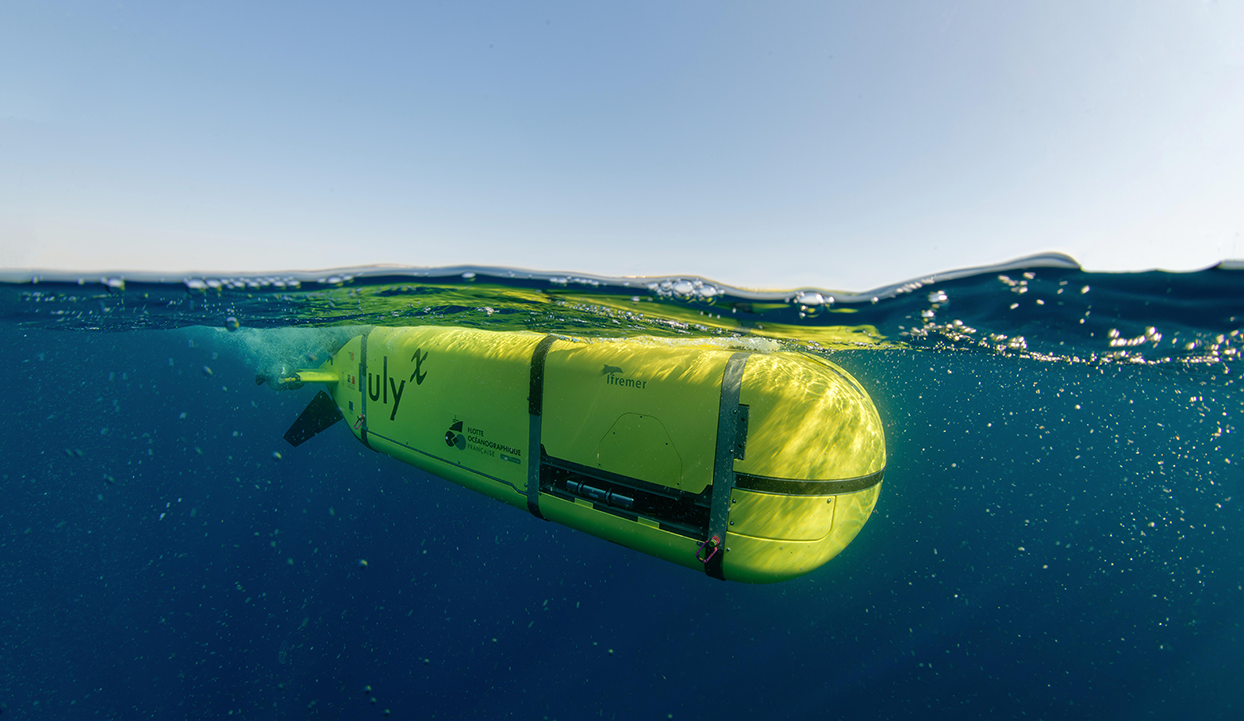Themes and sessions
The themes of the congress are designed to align with the UN Decade of Ocean Science for Sustainable Development and the overarching goal of aiding decision-making, as well as the global discussions and negotiations scheduled for the following United Nations Conference on the Ocean (UNOC3).
Aligning the themes of the Congress with the Ocean Action Panels of UNOC3 will foster greater coherence between the scientific deliberations at the One Ocean Science Congress and the international and national commitments, initiatives, and discussions that will take place at UNOC3.
Contributions are thus welcome on the 10 following themes that are designed to be action- and solution-oriented and to move beyond limited disciplinary confines.
Theme 1: Integrating knowledge systems, with a focus on responsibility and respect for the ocean
The ocean offers a plethora of vital services and intrinsic values, from regulating climate to supporting a rich biodiversity and providing resources for livelihoods. This deep interconnection has prompted a growing movement to rethink and renew humanity's relationship with the ocean. As awareness of the ocean’s critical role heightens, there is a pressing call for approaches that prioritize responsibility and respect, integrating across knowledge systems. This shift is not only essential for guiding all maritime activities—ranging from fishing to shipping—but also plays a crucial role in shaping the future direction of marine science and technology. Fostering a relationship with the ocean based on stewardship and multiple knowledge systems, could secure its health and productivity for future generations. To further explore the how, why, where and when this might be accomplished, the One Ocean Science Congress welcomes contributions across the following topics:
- Plurality of value and knowledge systems, including indigenous and local
- Human and non-human rights to a healthy ocean
- Stewardship, guardianship and trusteeship
- Intangible and tangible underwater cultural heritage
- Ocean exploration
- Inclusive actions: uplifting voices of local actors, creating public awareness and increasing ocean education and literacy
- Open session of theme 1
- Indigenous peoples: knowledge systems, fisheries and environmental challenges
Theme 2: Effectiveness, equitability and safety of ocean-based approaches to reach the mitigation and adaptation goals of the Paris Climate Agreement
The ocean plays a pivotal role in mitigating climate change, absorbing about 25% of anthropogenic CO2 emissions and most of the excess heat resulting from changes in the Earth’s radiative imbalance. However, this immense climate mitigation service comes at the expense of profound alterations in its physical, chemical and biological environment. With record high temperatures, acidification, deoxygenation and sea level rise, and associated increase in extreme events such as marine heatwaves, the ocean faces unprecedented challenges. Climate change is already impacting marine biodiversity, ecosystem services, and human communities that are dependent on them. Vulnerable ecosystems and people are also at high risk of climate impacts in the next decades from committed climate change. In response to the urgency of combating climate change, there is a growing interest in exploring ocean-based carbon dioxide removal strategies and alternative renewable energy sources, as well as adaptation and resilience-building interventions for natural and human systems. However, the potential, benefits, side-effects and risks associated with these strategies and options remain largely unknown, both for marine ecosystems and for society at large. Contributions across the following topics are welcome:
- Ocean-climate interactions and changes, with a particular emphasis on extreme events
- Impacts and risks of a changing ocean on ecosystems and society, including ocean warming and acidification, deoxygenation, sea-level rise
- Ocean-based renewable energy such as offshore wind, solar, wave, thermal and tidal energy
- Nature-based approaches for climate mitigation and adaptation
- Carbon dioxide removal approaches: effectiveness, durability, risks, as well as monitoring, reporting and verification. Contributions addressing justice, governance and policy aspects are also welcome.
- Adaptation strategies for addressing sea-level rise and coastal resilience, encompassing social determinants and climate justice considerations in adaptation planning.
- Open session of theme 2
Theme 3: Protection and restoration of marine and coastal ecosystems to ensure sustainable and equitable management
The Kunming-Montreal Global Biodiversity Framework (GBF) has set ambitious targets for 2030 aimed at preserving global biodiversity. These include strategies to manage all areas to curb biodiversity loss, ensuring at least 30% of the Earth's surface is effectively protected, and actively restoring 30% of degraded ecosystems. To meet these GBF objectives, it is crucial to identify, measure and mitigate stressors such as climate change and other human activities, which have cumulative adverse effects on coastal and ocean ecosystems and their services. Leveraging robust scientific knowledge and innovative technology is vital for developing inventive and comprehensive management practices. Contributions on any aspect of the protection and restoration of coastal and ocean ecosystems are encouraged to promote sustainable and fair management practices. Diverse perspectives are welcome, ranging from natural sciences to socio-economic approaches, especially those that are transdisciplinary in nature. Specific topics of interest include:
- Climate-smart, area-based management approaches, including marine protected areas
- Integrated marine spatial planning and management
- Equity and justice in protected and restored coastal and ocean ecosystems
- Added value of protection, including regenerative tourism
- Implementation of the BBNJ Agreement
- Marine biodiversity observation and monitoring
- Pollution and other sources of degradation
- Relationship between ocean health, human health and well-being
- Ecosystem restoration
- Open session of theme 3
Theme 4: Knowledge of the deep ocean and ways to enable its sustainable use
The deep ocean (>200 m) is the largest ecosystem on the planet, constituting more than 95% of all habitable space. It is home to rich and diverse fauna that support ecosystem processes necessary for the Earth’s natural systems to function, and plays a key role in services such as climate regulation and fisheries production. It is also an integral part of the culture and well-being of local communities and forms part of the Global Commons. The more we learn about the complexity and importance of life in the deep ocean, the more we realise the great peril it faces. Deep-ocean ecosystems are already being affected by a number of human stressors, including climate change and pollution, with new threats looming, and recovery from associated damage often much longer than human timescales. Given the importance and vulnerability of the deep ocean, it is critical that it is stewarded effectively. Towards this, the One Ocean Science Congress welcomes contributions across the following topics towards resolving existing deficiencies in knowledge and governance, as well as inequitable global capacity.
- Understanding deep-ocean ecosystems and the services they provide
- Environmental, social and economic impacts arising from deep-ocean activities
- Climate change-related effects in deep-ocean ecosystems
- Sustainability of the uses of the deep ocean
- Effective and equitable stewardship of the deep ocean
- Open session of theme 4
Theme 5: Marine genetic resources: from discovery to equitable access and sharing of associated benefits
Marine genetic resources, referring to any marine biological material with potentially valuable genetic and biochemical properties, are a new class of assets and a growing component of the sustainable blue economy. This material may be physical or, most often, digital (e.g., gene sequences or chemical structures). Because, once appropriately described, marine genetic resources can be synthesized in the laboratory, these are renewable biological resources, which do not depend on on-going extractive activities but, rather, are discovered by prospective and exploratory actions, either within or beyond national jurisdictions. The ownership of marine genetic resources is governed by the Convention of Biological Diversity and, within exclusive economic zones, the subsequent Nagoya Protocol on Access to Genetic Resources and the Fair and Equitable Sharing of Benefits Arising from their Utilization (2014), and, in the high seas by the Agreement under the United Nations Convention on the Law of the Sea on the conservation and sustainable use of marine biological diversity of areas beyond national jurisdiction (BBNJ Agreement). Ways must be found via these two agreements to accelerate capacity, collaboration, and discovery alongside equitable access and sharing of associated benefits. With this context in mind, the One Ocean Science Congress welcomes contributions across the following topics:
- Discovery and characterization of marine genetic resources, and associated technologies
- Role of marine genetic resources in the diversity, functioning and services of marine ecosystems
- Scientific, environmental, social and economic uses and benefits associated with marine genetic resources
- Marine genetic resources data sharing and management
- International collaboration and governance to support equitable access to marine genetic resources, capacity sharing and benefit sharing
- Open session of theme 5
Theme 6: Transparency in the fisheries sector, including illegal, unreported and unregulated fishing
Illegal, unreported, and unregulated fishing (IUU) poses a significant threat to the sustainability of global fisheries. These harmful practices undermine efforts to manage fisheries effectively, exacerbating the overexploitation of vital fish stocks. The consequences extend beyond environmental degradation, affecting the economic stability of communities that rely on fishing for their livelihoods, as well as compromising the social and nutritional benefits that fisheries provide to societies locally and globally. In light of these issues, the One Ocean Science Congress is actively seeking scientific contributions that address and advance our understanding of the challenges posed by IUU fishing. Contributions can target a variety of ecological, economic, social, technological, policy and interdisciplinary approaches to study IUU. The congress aims to share new findings and foster discussions on novel research methods, theoretical approaches and empirical evidence that contribute to developing solutions that can help mitigate the impact of IUU fishing. Scientific contributions can address topics including but not limited to:
- Measures aimed at detection, deterrence, and improving compliance
- The impact of IUU on the sustainability of fish stocks
- Challenges of maintaining transparency and traceability in the fisheries value chain
- Human rights issues associated with IUU fishing
- The contribution of harmful fisheries subsidies to IUU
- Challenges associated to transparency in fishing agreements
- Open session of theme 6
Theme 7: Sustainability, equitability, and safety of ocean-based food systems
Ocean-based foods represent a critical source of nutrition for hundreds of millions of people around the world and support diverse livelihoods. Aquatic foods are also increasingly recognized for their potential role in sustainable diets due to their relatively low environmental pressures and high nutrient content. The One Ocean Science Congress welcomes contributions in areas that promote effective or innovative approaches to enhancing the resilience of these food systems against environmental changes, improving equitable access to ocean resources, and ensuring the health and safety of the food provided. By focusing on the following topics, the Congress aims to spotlight research that will drive forward the necessary policies and practices to secure a sustainable future for ocean-based foods:
- Management, practices, and technology for sustainable fisheries and mariculture
- Practices for supporting equitable and transgenerational access to aquatic foods
- Practices for supporting small-scale actors
- Improving understanding of the role of aquatic foods in food security and sovereignty
- Improving understanding of the role of aquatic foods in diets and options for ensuring their safety
- Open session of theme 7
Theme 8: Marine plastic pollution
UN Sustainable Development Goal 14.1 aims to prevent and significantly reduce marine pollution of all kinds. Given the emerging and potential threats of plastic pollution on ecosystem health, human well-being, and the economy on a global scale, the international community is developing a Legally Binding International Instrument on Plastic Pollutions (LBII), which is planned to be agreed upon by 2025. The One Ocean Science Congress welcomes contributions to identify and assess key knowledge gaps for the effective agreement of LBII and the achievement of SDG 14.1 across the following topics:
- Towards harmonization of monitoring and assessment of plastic pollution
- Impacts of plastic pollution on human well-being and marine ecosystems
- Fishing gear and other ocean sources of plastic waste
- Transboundary movement and fate of ocean plastic pollution
- Life cycle approaches for the prevention of plastic pollution
- Innovative recycling, alternative materials, biodegradable materials and clean-up technologies
- Open session of theme 8
Theme 9: Environmental footprint of maritime transport and decarbonization of shipping
Fostering a comprehensive approach to shipping to address the triple planetary crises of climate change, pollution and biodiversity loss will be essential. Reducing the environmental footprint of maritime transport has therefore become a priority of the International Maritime Organization, with a strong focus on the decarbonization of shipping. While most of the effort is concentrating on commercial shipping, this priority also extends to scientific fleets. In addition to decarbonization, what more can be done to assess, reduce and avoid negative impacts on marine biodiversity in ports and globally? Potential impacts to address include ocean noise, ship strikes, polluting discharges, air pollution, invasive species, black carbon, heavy fuel oil and other hazardous bunker fuels. With this context in mind, the One Ocean Science Congress welcomes contributions on the various scientific approaches and breakthroughs, technological innovations and systemic approaches that can contribute significantly to the decarbonization and reduction of the ecological footprint of shipping. Contributions that illustrate the collaboration between the public and private sectors (between researchers, policymakers and industry) across the following topics are welcome.
- Atmospheric and noise pollution
- Alternative fuels and propulsion systems, and ship design
- Development and regulation of autonomous vehicles
- Upgrading port facilities to accommodate decarbonized maritime transport
- Voyage planning and routing
- Particularly Sensitive Sea Areas
- International environmental regulation of shipping industry
- Design and operation of low-environmental footprint research vessels
- Open session of theme 9
Theme 10: Vibrant science to inform and support ocean action
Ensuring that science consistently informs ocean decision-making and action is important to prevent industry, governments, and all ocean users from proceeding with activities without fully understanding and managing the risks. Placing ocean knowledge ahead of policy requires a cultural shift that can only be achieved through a multi-faceted approach involving various stakeholders. Contributions are welcome across the following topics:
- Trends and breakthroughs in ocean science, exploration and technologies
- Research infrastructure to sustain, expand and share ocean observations, data, monitoring and modelling
- Digital twins of the ocean to explore scenarios, their outcomes and impacts, and support decision.
- Best practices for transdisciplinary knowledge generation
- Ocean governance and management
- Capacity-building and sharing, knowledge exchange
- International collaboration in ocean sciences and technologies
- Voices of local actors, public awareness and education
- Inclusive science-policy-society interfaces
- Alignment of investments in finance and the blue economy with the goal of a sustainable, equitable and healthy ocean future
- ECOP session 1: SDG 14: How do ocean sciences contribute to sustainable development in my country?
- ECOP session 2: Innovation: exploring low-tech/low-cost solutions for ocean science
- Open session of theme 10
- The marine connectivity science we need for the ocean we want – Advancing research on marine functional connectivity for improved management and governance
- Advancing Ocean Monitoring and Knowledge for Societal Benefit: The Urgency to Expand Argo to OneArgo by 2030
- Driving Global Action for Ocean Sustainability: The Role of an International Platform for Ocean Sustainability (IPOS)
- Marine Biophony and Anthropophony Survey: AI & Advanced Systems
- From Science to Shoreline: Bridging Knowledge, Policy, and Action for Coastal Resilience
- Connecting Ocean Science to Global Biodiversity Goals: Observations, Data, and Knowledge to Support GBF and BBNJ Implementation
- International collaboration in ocean sciences and technologies
- Inclusive science-policy-society interfaces
